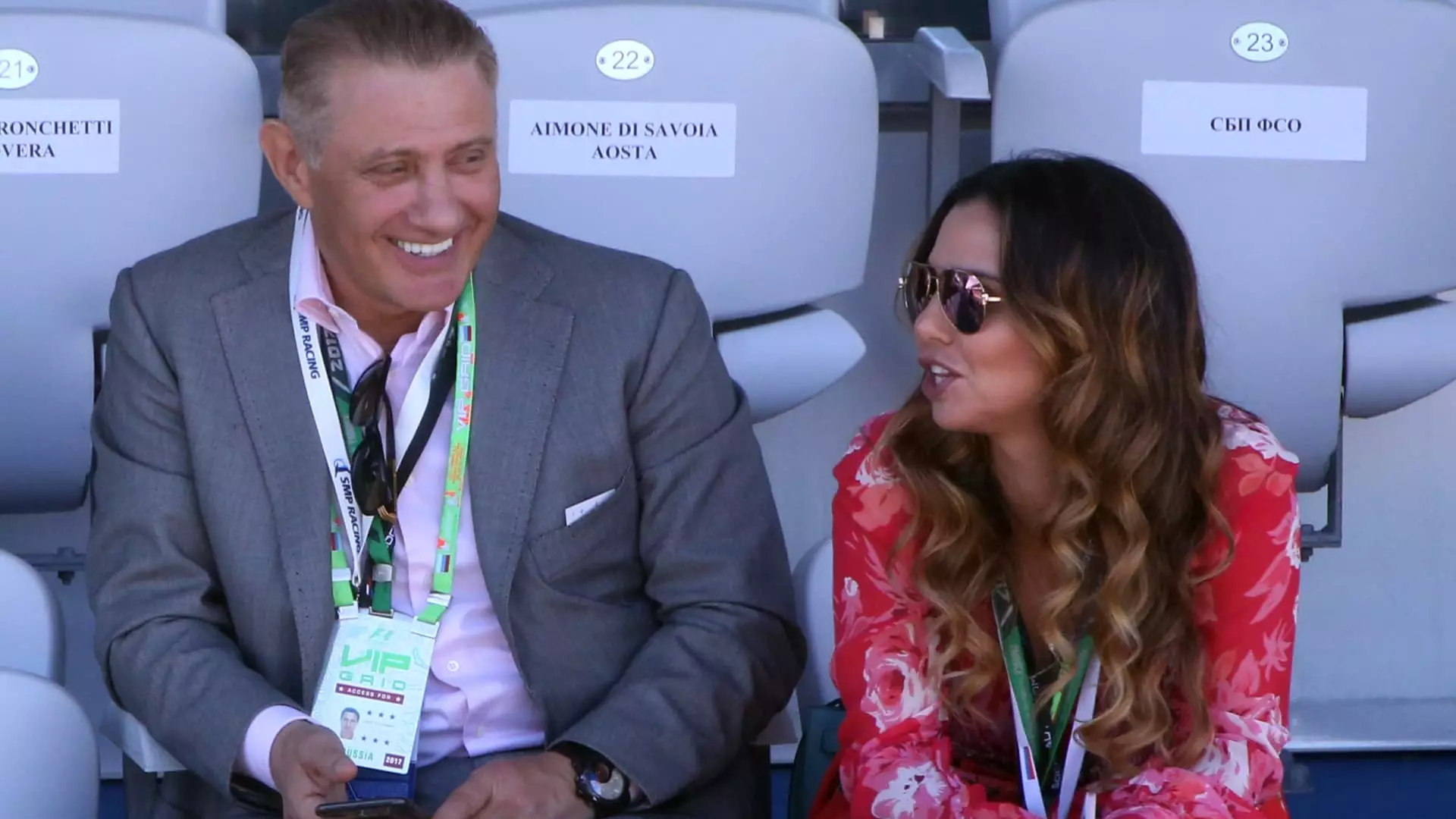In a move that has left political analysts and everyday citizens alike flabbergasted, the Trump administration recently lifted economic sanctions imposed on Karina Rotenberg, the wife of a prominent oligarch and close associate of Russian President Vladimir Putin. This decision comes on the heels of sanctions being slapped on six other Russian individuals and entities, highlighting a bewildering inconsistency in the U.S. government’s approach to Russian influence and antagonism. The Treasury Department’s Office of Foreign Assets Control (OFAC) removed Karina Rotenberg from the sanctions list without providing any justification, further muddying the waters of an already complex geopolitical relationship.
In March 2022, amidst intense international condemnation of Russia’s invasion of Ukraine, Karina Rotenberg, along with her billionaire husband Boris and their children, found herself on OFAC’s specially designated nationals list. This was a rare but necessary action to demonstrate a unified front against the aggressors. However, within a few short years, we find ourselves staring at a backtrack that raises more questions than answers. It seems as if lifting sanctions on influential figures has become a casual exercise in political maneuvering, thereby eroding the very essence of the sanctions initially imposed.
The Silence Speaks Volumes
Responses from the Trump administration have been conspicuously absent when pressed about the rationale behind this decision. Multiple inquiries from reputable outlets like CNBC were met with silence, a reaction that itself is often louder than words. Such reticence raises alarming questions about the motivations behind such a reversal. What exactly led to the sudden elevation of Karina Rotenberg’s status? Is it a reflection of the administration’s wavering stance towards Russia, or perhaps a troubling descent into old patterns of favoritism that have historically plagued American politics?
These silent approaches to foreign policy decisions feel like a disservice to the American people, contradicting the very justification given for the original sanctions: to target those who support Putin’s regime at the expense of the Russian populace. If those who uphold the regime are being allowed broader access, what does that say about our commitment to international justice? It makes one wonder whether we are witnessing a troubling capitulation to powerful elites, thereby undermining the integrity of our sanctions regime.
Historical Context: The Rotenberg Legacy
The Rotenbergs are emblematic of the very wealth and corruption that have come to define Russia under Putin’s rule. Boris and Arkady Rotenberg were sanctioned back in 2014 for their roles in enhancing the Kremlin’s chokehold on power through significant contracts, notably those surrounding the Sochi Winter Olympics and Gazprom. Their wealth, famously ballooning to billions under nefarious circumstances, stands as a reminder of how intertwined politics and commerce can be in a state that operates more as an oligarchy than a democracy.
This latest move to lift sanctions on Karina, an American citizen, is therefore not just another isolated instance but a continuation of an unsettling pattern. It raises the specter of privilege being awarded to those with powerful connections, effectively creating an environment where the rule of law feels selectively applicable. If we are to live in a society that espouses democratic values, we must hold accountable those whose fortunes are entangled with authoritarian regimes. Lifting sanctions feels like a betrayal of the principle that those who enrich themselves amidst suffering should face the consequences of their affiliations.
Public Sentiment and Political Implications
The reactions from the public and political figures have been mixed, yet prominent voices like former world chess champion Garry Kasparov have unequivocally criticized the administration’s contradictory approach. Kasparov remarked on social media that we are seeing “tariffs on allies” while “lifting sanctions on enemies.” His sharp critique highlights the disillusionment many feel towards a foreign policy that seems inconsistent, illogical, and lacking in transparency. This raises the stakes not only for international relations but for the very fabric of our democracy, which should ideally champion accountability over negligence.
Lifting sanctions against individuals who directly or indirectly support a regime responsible for invasions, human rights violations, and widespread suffering sends a dangerous message. It communicates to the world that American values can be bent, twisted, or outright disregarded when faced with powerful interests. Such behavioral inconsistencies make the very fabric of our governance seem fragile and susceptible to external influences.
In a climate where trust is already a scarce commodity in both domestic and foreign affairs, the decision to loosen sanctions undermines the whole framework of accountability established in response to Russia’s blatant aggression. Desperate times call for steadfast resolve, yet we find ourselves asking whether the actions of our leaders align with the principles that initially drove them to impose sanctions in the first place.

